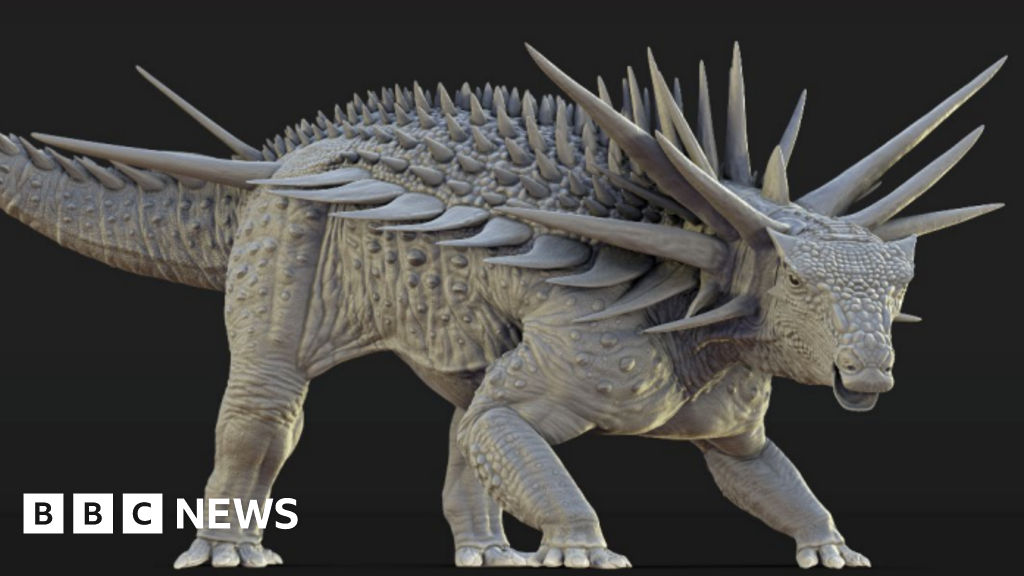It's not just the dazzling colours and slick moves of Australia's dancing spiders that make them special. There are more than 100 different species of the peacock spider, whereas most animals have only five or ten. Researchers believe that's partly down to the spider's 'dark DNA' - a mysterious part of the animal's genetic code, and they are studying it to find out more. They think that this dark DNA might enable it to adapt rapidly to changing environmental circumstances by developing into new species.
The scientists believe understanding spiders' evolution can shed light on the vast variation in the natural world. 'We are interested in how the spiders evolve to become that diverse,' says Jonah Walker from the Sanger Institute. The peacock spider is known for its remarkable adaptations, including its vivid appearance and unique mating rituals, where males display vibrant colours and perform intricate dance moves to attract females.
Walker, who once had a fear of spiders, became fascinated by them during his PhD research. Alongside his team, he has collected and categorized data from various peacock spider species, linking behavioral traits to their genetic makeup. Their research indicates that the so-called 'dark DNA' – non-gene DNA – may play a significant role in the spiders’ remarkable adaptability and diversity.
As the study progresses, researchers at the Sanger Institute continue to decode the genetics of different organisms, aiming to unlock the secrets of life's evolutionary pathways. This work is part of the ambitious Earth BioGenome Project, which seeks to decipher the genetic code of all living species, enhancing our understanding of biodiversity and the nature of genetic variation.
The scientists believe understanding spiders' evolution can shed light on the vast variation in the natural world. 'We are interested in how the spiders evolve to become that diverse,' says Jonah Walker from the Sanger Institute. The peacock spider is known for its remarkable adaptations, including its vivid appearance and unique mating rituals, where males display vibrant colours and perform intricate dance moves to attract females.
Walker, who once had a fear of spiders, became fascinated by them during his PhD research. Alongside his team, he has collected and categorized data from various peacock spider species, linking behavioral traits to their genetic makeup. Their research indicates that the so-called 'dark DNA' – non-gene DNA – may play a significant role in the spiders’ remarkable adaptability and diversity.
As the study progresses, researchers at the Sanger Institute continue to decode the genetics of different organisms, aiming to unlock the secrets of life's evolutionary pathways. This work is part of the ambitious Earth BioGenome Project, which seeks to decipher the genetic code of all living species, enhancing our understanding of biodiversity and the nature of genetic variation.





















